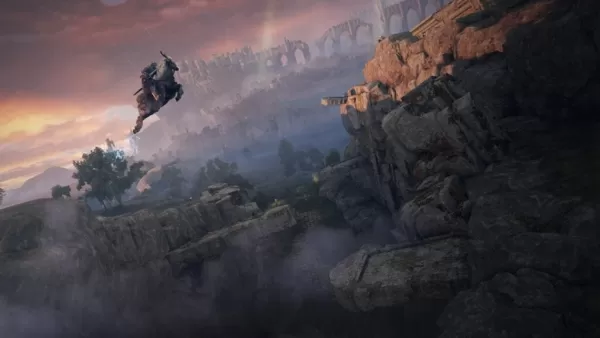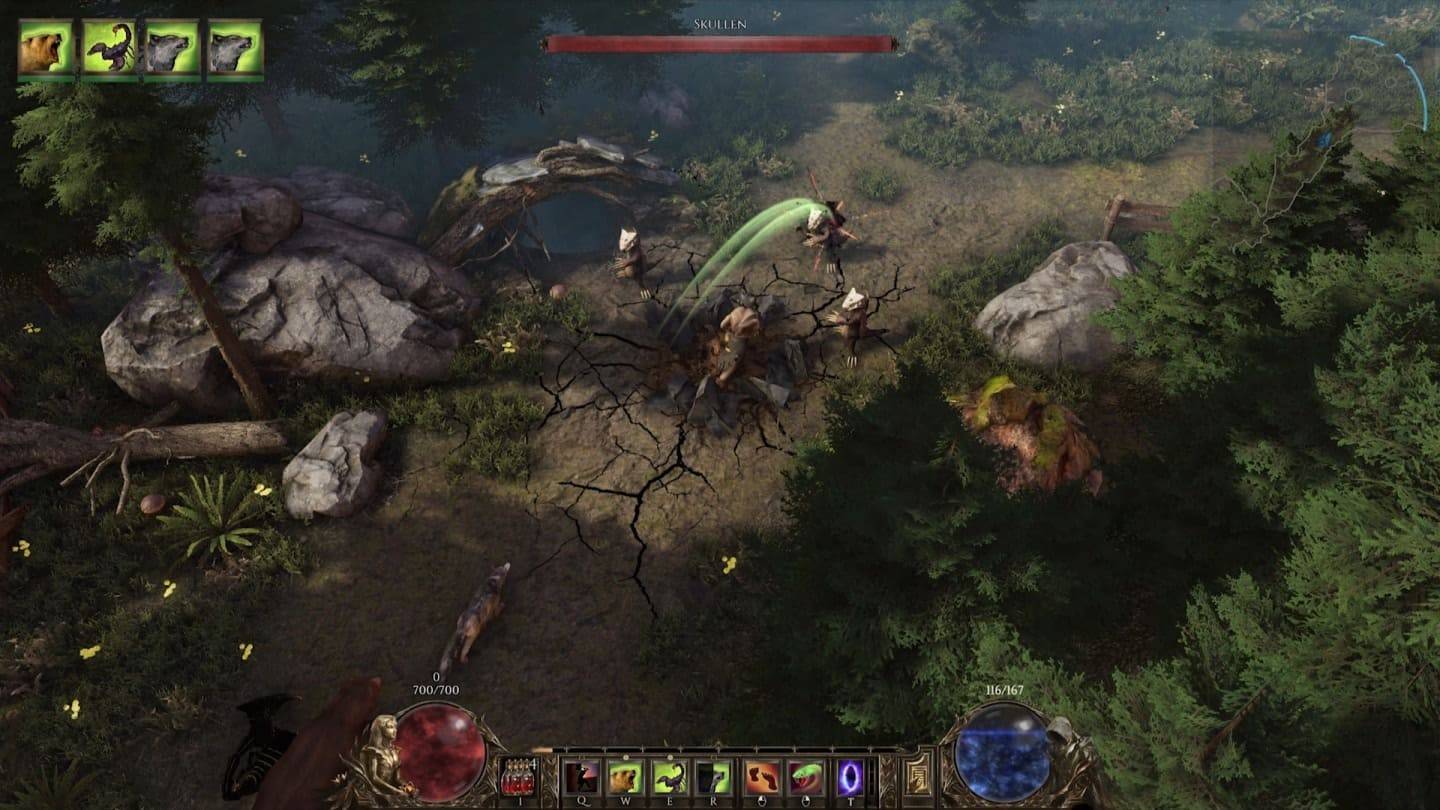Once upon a time, open-world games were all about checklists. Maps overflowed with markers, mini-maps dictated every move, and objectives often felt less like adventures and more like obligations. Exploration was rarely spontaneous—it was planned, tracked, and optimized.
Then came *Elden Ring*. FromSoftware rewrote the rules, ditched the hand-holding, and offered something rare in modern gaming: genuine freedom. No waypoints, no quest markers—just a vast, cryptic world that expects you to explore on your own terms.
We’ve partnered with our friends at Eneba to dive into how *Elden Ring* redefined open-world design—and why it continues to impress players around the globe.
A World That Lets You Wander Without Whispering Directions
Most open-world titles can’t stop talking to you. Pop-ups, arrows, and icons constantly tell you where to go and what to do. *Elden Ring*, however, is refreshingly silent. It presents a sprawling, enigmatic landscape and trusts you to navigate it without a GPS.
There’s no UI nagging you to follow a specific path. If something looks intriguing on the horizon, you’re free to chase it. Whether it's a distant castle, a glowing anomaly, or a shadowy forest, curiosity becomes your compass. Along the way, you might stumble upon a hidden dungeon, an overpowered weapon, or a boss that will test your skills—or end your run entirely.
And here’s the kicker: there’s no level scaling. The world doesn’t bend to your strength; you must adapt. If an area feels too dangerous, you can return later—or ignore the warning and charge ahead with a wooden sword. Just don’t be surprised when a dragon turns you into cinders.
Ready to experience the Lands Between for yourself? At Eneba, you’ll find great deals on *Elden Ring* Steam keys—so you can jump in without breaking the bank.
Exploration Feels Like Discovery, Not a Task List
In most open-world games, exploration revolves around efficiency. You dash from one icon to another, checking off tasks like a digital errand runner. *Elden Ring* flips this script completely.
There’s no quest log holding your hand. NPCs speak in cryptic riddles, landmarks appear unmarked, and the game never stops to explain itself. It may sound vague, but that’s precisely what makes discovery so satisfying.

Every cave, ruin, and fortress feels like your personal find. You didn’t follow a marker—you followed instinct. And unlike many games where loot feels randomized and forgettable, *Elden Ring* ensures every reward carries weight. Find a secret grotto, and you might walk away with a legendary weapon or a devastating incantation that summons a meteor storm from the sky.
Getting Lost Is Part of the Journey
Most games treat getting lost as a failure. In *Elden Ring*, it’s part of the adventure. Take a wrong turn and you might end up knee-deep in a toxic swamp (of course you do). Walk into what seems like a quiet village only to be ambushed by grotesque enemies—this world is always watching, always testing.
Still, the game isn’t completely merciless. Clues are scattered throughout—from statues pointing toward secrets, to NPC whispers hinting at powerful bosses. If you're observant, the world subtly guides you without forcing you down a single path.
Redefining the Open-World Experience
*Elden Ring* changed expectations. FromSoftware proved that players don’t need constant guidance to feel immersed—they need mystery, challenge, and the thrill of uncovering something truly unexpected.
If you're ready to step into a world that rewards curiosity and punishes complacency, platforms like [ttpp] offer unbeatable deals on *Elden Ring* and other essential open-world experiences. Your next unforgettable journey is just a click away.

 Latest Downloads
Latest Downloads
 Downlaod
Downlaod




 Top News
Top News









